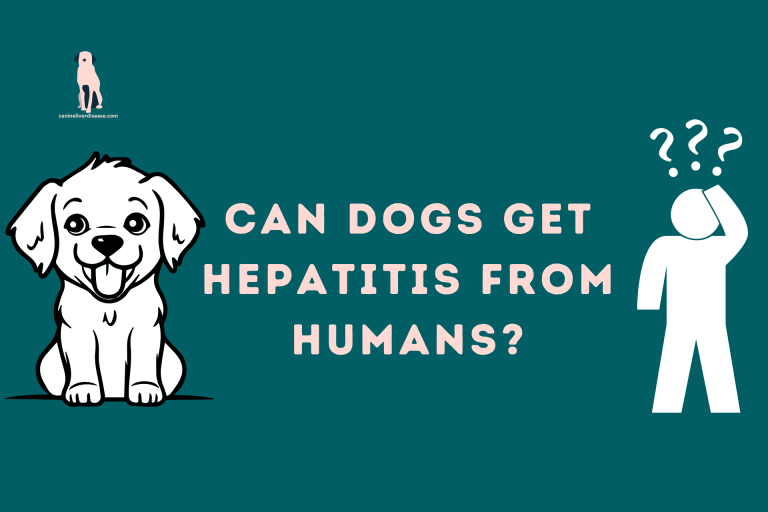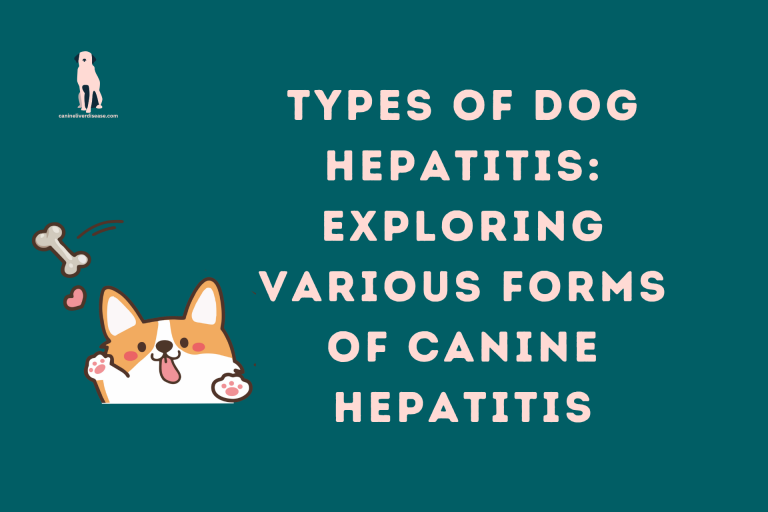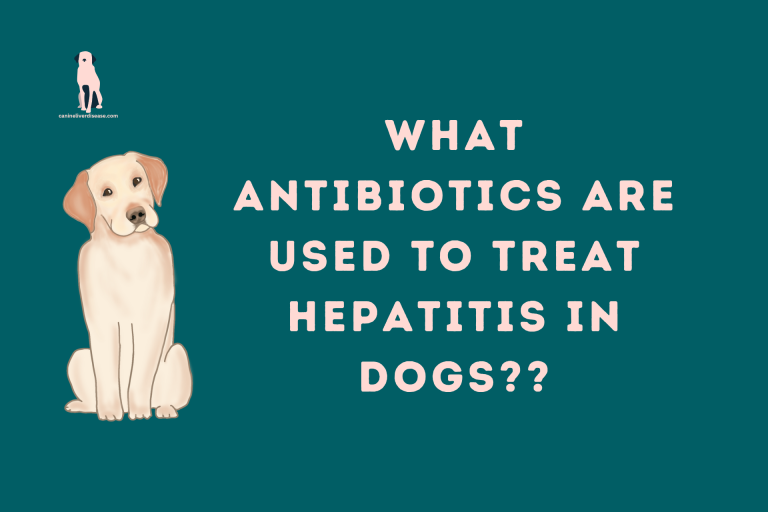Can A Dog Get Hepatitis?
One question often arises in pet health: Can a dog get hepatitis? This is a pressing concern for many dog owners who want to ensure the well-being of their beloved companions. In this informative article, we will delve into viral hepatitis in dogs, exploring its causes, symptoms, transmission, and the importance of vaccination. So, let’s get started on this journey to understanding canine hepatitis.
Understanding Viral Hepatitis in Dogs
Viral hepatitis in dogs is a serious liver disease that can have severe consequences if left untreated. It is crucial to comprehend the factors contributing to this condition.
What is Viral Hepatitis in Dogs?
Viral hepatitis in dogs refers to the inflammation of the liver caused by various viruses. This condition can manifest as acute hepatitis, a sudden and severe disease. The liver plays a vital role in a dog’s overall health, making it essential to address hepatitis promptly.
How Does a Dog Get Hepatitis?
Understanding the transmission of hepatitis in dogs is fundamental to preventing its occurrence.
Transmission of Hepatitis
Hepatitis in dogs can be transmitted through various means, with the most common being:
- Virus Exposure: Dogs can contract hepatitis by contracting the virus through infected bodily fluids or feces of other dogs.
- Contaminated Water and Food: In some cases, contaminated water or food can be a source of infection, highlighting the importance of maintaining hygiene in a dog’s environment.
- Vector-Borne Transmission: Certain insects, such as mosquitoes and ticks, can act as vectors, transmitting the virus from infected dogs to healthy ones.
- Mother-to-Puppy Transmission: Puppies can acquire hepatitis from infected mothers during birth or through nursing.
Recognizing the Symptoms
Identifying the symptoms of hepatitis in dogs is crucial for early intervention.
Common Symptoms
- Jaundice: Yellowing of the skin and eyes due to liver dysfunction.
- Lethargy: A lack of energy and enthusiasm.
- Vomiting: Frequent episodes of vomiting.
- Loss of Appetite: A decreased interest in food.
- Abdominal Pain: Discomfort in the abdominal region.
- Increased Thirst and Urination: An abnormal increase in drinking and urinating.
If your dog exhibits any of these symptoms, it is imperative to seek veterinary attention promptly.
The Importance of Vaccination
Prevention is always better than cure, and vaccination is key to safeguarding your dog’s health.
Dog Vaccination
Vaccination is a powerful tool in preventing hepatitis in dogs. A canine hepatitis vaccine is available and is typically administered as part of a regular vaccination schedule. This vaccine helps the dog’s immune system recognize and fight the virus, reducing the risk of infection and the severity of the disease if it does occur.
Zoonotic Concerns
Apart from the well-being of our furry friends, it’s important to consider the potential impact of canine hepatitis on humans.
Zoonotic Disease
Canine hepatitis can be a zoonotic disease, meaning it has the potential to spread from dogs to humans. While this is relatively rare, it underscores the importance of responsible pet ownership, vaccination, and good hygiene practices, especially when dealing with an infected dog.
Conclusion
In conclusion, “Can a dog get hepatitis?” is a valid concern for dog owners. Viral hepatitis is a serious condition that can affect dogs, but it can be managed effectively with proper knowledge and preventive measures. Regular vaccination, maintaining a clean environment, and prompt veterinary care are essential in ensuring the well-being of your canine companion.
FAQs
Q1: Is hepatitis in dogs contagious to other animals?
A1: Yes, hepatitis in dogs can be contagious to other dogs and, in rare cases, to humans. It is important to take precautions to prevent its spread.
Q2: Can hepatitis in dogs be treated?
A2: Treatment for hepatitis in dogs depends on the severity of the condition. Mild cases may resolve with supportive care, but more severe cases may require hospitalization and intensive treatment.
Q3: How often should I vaccinate my dog against hepatitis?
A3: Dogs should receive initial vaccinations against hepatitis as puppies, followed by booster shots as your veterinarian recommends. Typically, this occurs annually.
Q4: Are there any home remedies for canine hepatitis?
A4: While supportive care at home can help, it is essential to consult a veterinarian for proper diagnosis and treatment. Home remedies alone are not sufficient to treat hepatitis in dogs.
Q5: Can I get hepatitis from my dog’s saliva?
A5: The risk of contracting hepatitis from your dog’s saliva is extremely low, but practicing good hygiene when handling your pet is always advisable.
Remember, the health and well-being of your dog are of utmost importance, so stay informed and take the necessary steps to protect your furry friend from hepatitis.







